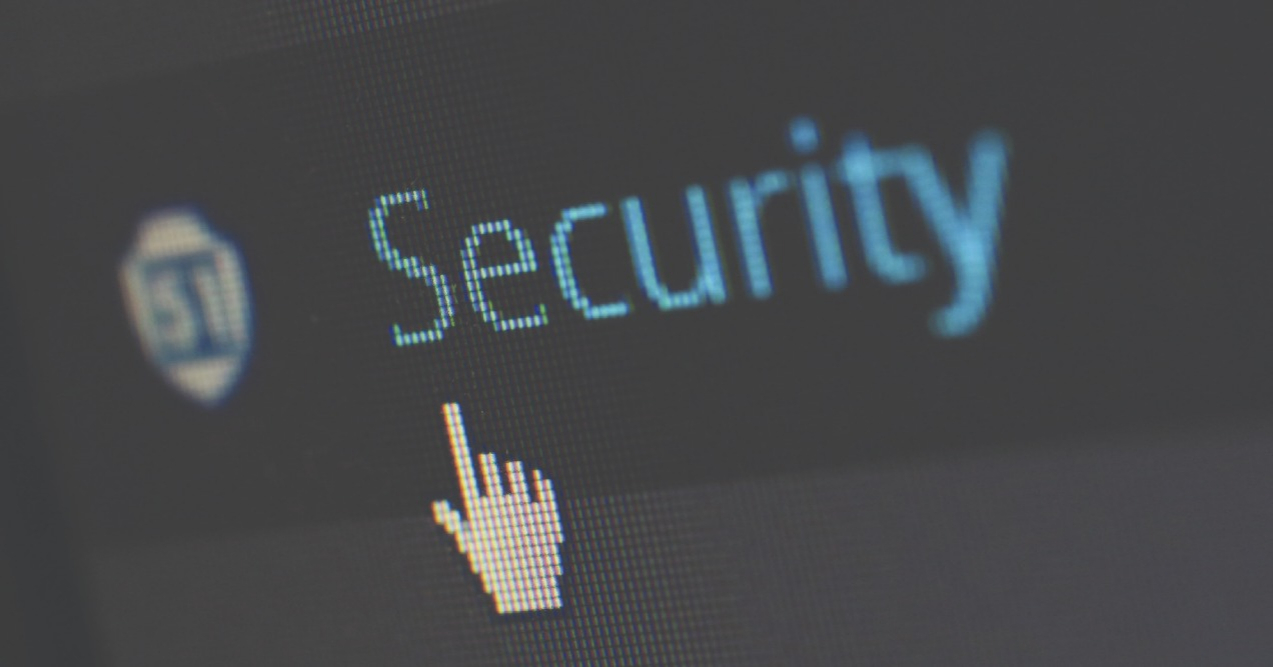Cisco Smart Licensing: Disabling Smart Agents for Enhanced Control
Cisco’s Smart Licensing has sparked ongoing debate—impacting how businesses manage hardware, software, and licensing policies. As Cisco shifts...

I guess the biggest question that I have is for who? Is the software experience being simplified for Cisco? Or, its end-users? Is it all end-users, or just some? Was there really anything complex about licensing before? I think the short answer is that Smart Licensing is simplifying the software experience for some of Cisco’s largest customers, as well as for Cisco’s shareholders.
Since taking the helm, CEO Chuck Robbins has focused on subscriptions and recurring revenue. It is a much more lucrative model than a one time purchase.
Take a look at the most valued technology firms in the world. You’ll find names like HP and IBM who previously only sold hardware. Now considered primarily services and/or software companies. The valuation of services and software companies can be 15-20 times EBITDA. Hardware companies usually are 2-5x. The only end-users this plan helps is the giant enterprises who do not have any ITAM solutions in place.
What is most interesting to me is what network managers (or those people who are purchasing Smart Licensed products) are agreeing to. Therefore, I assume that without requiring any sort of formal agreement, most legal entities within the early adopters are aware of the exposure.
Cisco specifies in their Smart Licensing Terms of Use a litany of information that can be captured by them. This information can be used by Cisco for performing network audits, assessing current market trends, offering products, services, and solutions they think might be interesting to you based on the information they are collecting. The most interesting consent is at the end of the document.
If you use Smart Licensing, you give Cisco permission to store and share your information on a global scale, regardless of where the end-user has operations. Per the page, “By using Smart Licensing, you consent to the transfer, processing, and storage of such information outside of your country of residence where data protection standards may be different.”
Pretty amazing!
Subscribe to our Monthly Newsletter.
✅ Expert IT tips you can actually use
✅ Cost-saving solutions that boost ROI
✅ Straightforward insights — just value
All straight to your inbox.
No spam. No sales pitches. Just better networks.

Cisco’s Smart Licensing has sparked ongoing debate—impacting how businesses manage hardware, software, and licensing policies. As Cisco shifts...

Per Cisco: “The vulnerability is due to the presence of a default SSH key pair that is present in all devices. An attacker could exploit this...
.png)
1 min read
Welcome back, everyone! This blog will quickly outline the differences between DNA Essentials and DNA Advantage to help you choose the best option...